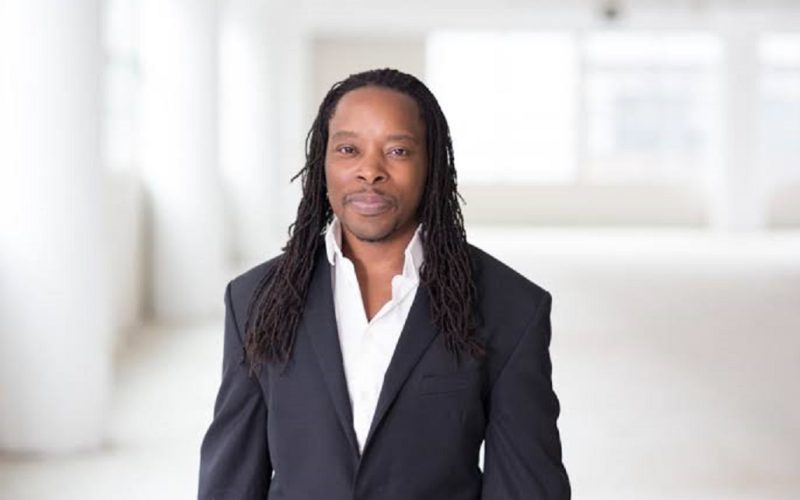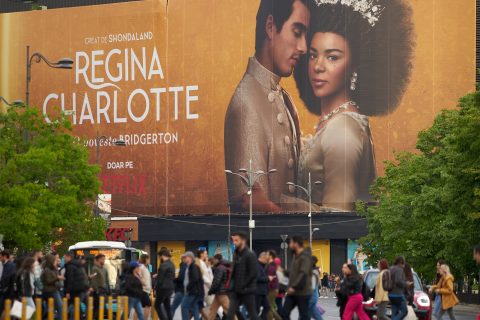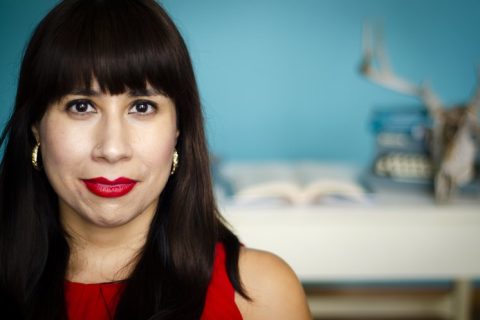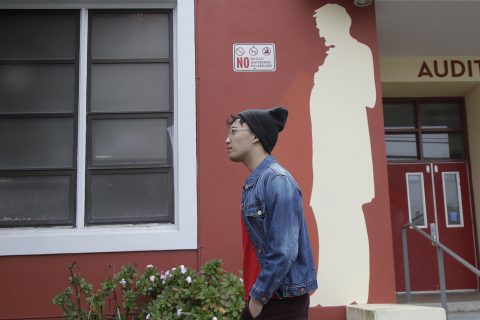Confronting racism means reckoning with harmful stereotypes. Omékongo Dibinga is a poet and senior professorial lecturer of intercultural communication at American University. He joins host Krys Boyd to discuss the road to anti-racism by taking on the lies that persist today that undermine Black lives, and to offer ways to reset our thinking toward a future of equality. His book is “Lies about Black People: How to Combat Racist Stereotypes and Why It Matters.”
Taking a hard look at the Black experience in America
By Shaunessy Renker, Think Intern
In Lies about Black People: How to Combat Racist Stereotypes and Why It Matters, Omékongo Dibinga gives voice to countless people and their antiracist journeys. He addresses and challenges common lies — such as Black people are more prone to be criminals or Black people can’t swim — and he emphasizes the repercussions of these lies disguised as stereotypes.
“Several of the Black people I interview talk about how these lies affected them and their entire families, making them think that they couldn’t aspire to be higher, couldn’t go to college, or go into particular fields,” he says.
For example, Dibinga recounts a Black woman’s experience on a flight. After hearing that one of the passengers was having a medical emergency, the woman walked down the aisle to try to treat the person in distress. But a flight attendant nearby stopped her saying, “Oh no, I’m sorry. We don’t need any nurses right now.” The woman was a doctor and had her credentials with her, but the offer to aid the situation was rejected. Moments later, when a white male approached the scene to help, the flight attendants didn’t question him.
Dibinga says this is all part of a larger problem. “It feels as though you’re constantly connected to a lie detector,” he said.
Schools have a role to play in teaching young people to combat racism.
“Teachers need to stand up, leaders of schools need to stand up with the parents,” he says. “Stand up with Black people at the front end so you don’t experience the effects at the back end.”
Dibinga is hopeful that by teaching Critical Race Theory and antiracism in schools, we can begin to unlearn these lies.





